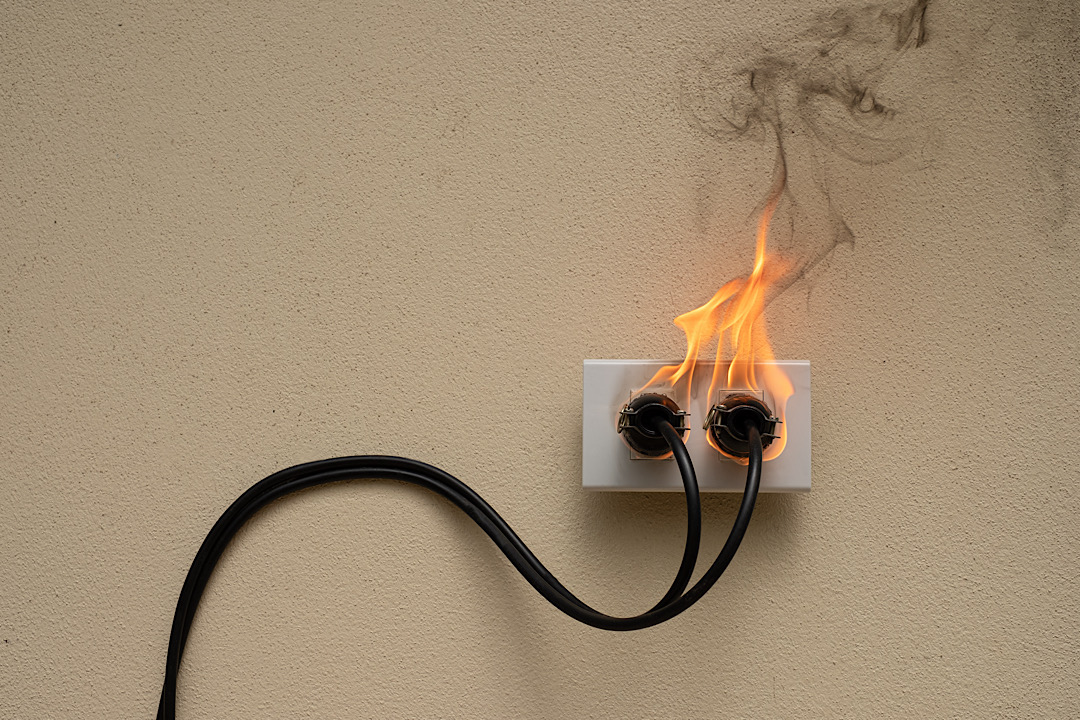Outdoor Electrical Safety for Spring Activities

Tips for Ensuring Safety in Outdoor Electrical Setups
Spring brings with it a renewed enthusiasm for outdoor activities. Whether it’s gardening, hosting barbecues, or simply enjoying the warmer weather, ensuring outdoor electrical safety is crucial. As you prepare your outdoor space for springtime fun, it’s important to consider the electrical aspects to prevent accidents and hazards. Here, we provide key tips for maintaining outdoor electrical safety so you can enjoy your spring activities with peace of mind.
Understanding and Managing Outdoor Electrical Hazards
The first step in ensuring outdoor electrical safety is understanding the potential hazards. Outdoor electrical setups are exposed to weather elements, making them susceptible to wear and tear. Common hazards include exposed wires, water damage, and overloaded circuits.
To manage these risks, regular inspection of outdoor electrical systems is essential. Check for any signs of damage, such as frayed wires or rust on fixtures, and make repairs promptly. Additionally, ensure that outdoor outlets are equipped with Ground Fault Circuit Interrupters (GFCIs). According to the Electrical Safety Foundation International (ESFI), GFCIs can prevent over 50% of the thousands of electrical shocks that occur each year.
Safe Use of Extension Cords and Power Tools
Extension cords are commonly used in outdoor settings but pose risks if not used properly. Always use extension cords that are rated for outdoor use and have a sufficient wattage rating for the devices they will power. Avoid running extension cords across walkways to eliminate tripping hazards and potential damage to the cord.
When using power tools outdoors, it’s crucial to ensure they are suitable for outdoor use and in good working condition. Inspect tools for any damage before use and avoid using electric power tools in wet conditions. If an electrical tool has been exposed to water, it should be inspected by a qualified professional before being used again.
Lighting and Power Source Safety
Outdoor lighting enhances the ambiance of your spring activities but also requires careful consideration. Choose lighting fixtures that are rated for outdoor use and ensure they are securely mounted and properly insulated. Be cautious with temporary lighting solutions, such as string lights, and ensure they do not pose a tripping hazard or overload an electrical circuit.
For outdoor power needs, such as for a sound system or a projector, ensure that the power source is stable and safe. Portable generators, if used, should be placed in well-ventilated areas and away from any flammable materials. Never plug a generator directly into a home outlet, as this can create back feed, posing a serious risk to utility workers and damaging the electrical system.
Educating Family and Guests on Electrical Safety
Finally, educating family members and guests about basic electrical safety is vital. This includes advising them to stay away from electrical panels and not to touch any exposed wiring. Children, in particular, should be taught to recognize and avoid potential electrical hazards.
Outdoor electrical safety is a crucial aspect of enjoying spring activities. By understanding the risks, conducting regular inspections, using outdoor-rated equipment, and educating those around you, you can ensure a safe and enjoyable outdoor experience. Remember, safety is not just a personal responsibility; it contributes to the well-being of everyone around you.
